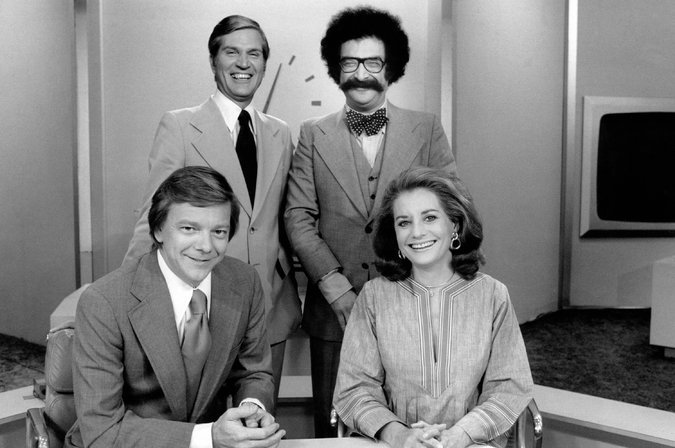
WELLINGTON, New Zealand — The ripples from the firing of Matt Lauer as the co-host of the “Today” morning news show have hit the world of New Zealand property, where officials are already scrutinizing the role of foreign buyers in an increasingly expensive market.
A New Zealand government agency said on Thursday that it was in discussions with Mr. Lauer’s representative over his purchase of a 16,000-acre farm there. Foreigners must pass a good-character test to be allowed to buy New Zealand land, and while Mr. Lauer’s purchase was approved earlier this year, the country’s Overseas Investment Office is revisiting his case in light of his firing.
Officials from that agency “are seeking further information,” said Lisa Barrett, a spokeswoman for the agency. The agency can require buyers to dispose of the property if it believes the rules have been violated.
NBC on Wednesday said it fired Mr. Lauer from “Today” following an allegation of sexual harassment, making him the latest major media figure to fall from grace amid a broad examination in the United States of inappropriate sexual behavior in the worlds of media and entertainment. Mr. Lauer, a well-known face on morning television in the United States, had been a co-host at “Today” for two decades.
Advertisement
Continue reading the main story
Mr. Lauer’s purchase of the lease to Hunter Valley Station, a ranch on the shore of Lake Hawea on New Zealand’s picturesque South Island, was approved in February. He bought the property with his wife, Annette Lauer, through a New Zealand-based company, according to investment office documents. The value of the property was not clear; the local news media put the price at $9.2 million. In New Zealand, government-owned land can be leased but not purchased.
Newsletter Sign Up
Continue reading the main story
Thank you for subscribing.
An error has occurred. Please try again later.
You are already subscribed to this email.
For foreign buyers, New Zealand’s definition of good character is broad. Foreign buyers can fail the test if officials found they had committed “offenses or contraventions of the law,” whether they were convicted of a crime or not. The agency can consider “other relevant matters” in making its decision, according to its website. Mr. Lauer has not been charged with wrongdoing.
Continue reading the main story
Article source: https://www.nytimes.com/2017/11/30/business/matt-lauer-new-zealand.html?partner=rss&emc=rss









